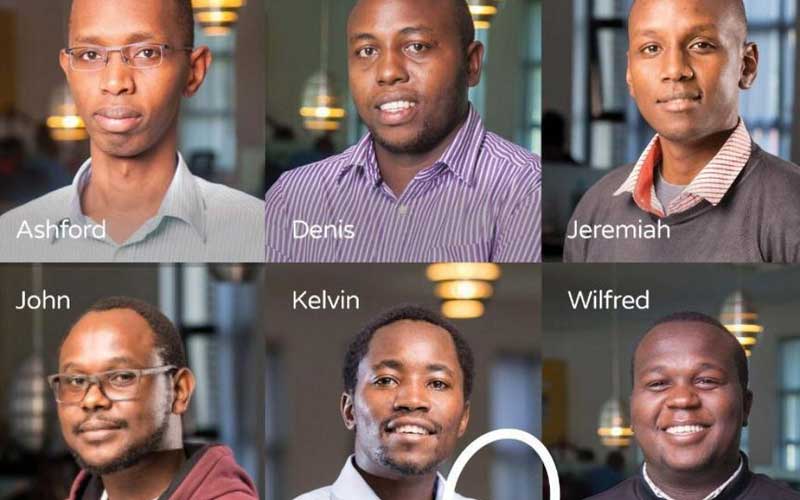×
The Standard e-Paper
Home To Bold Columnists

The photos of Cellulant’s six young men who died at dusitD2 terror attack broke my heart and of many others. The photos show not just their innocent smiles, but the exuberance of a generation that grew up in the digital age.